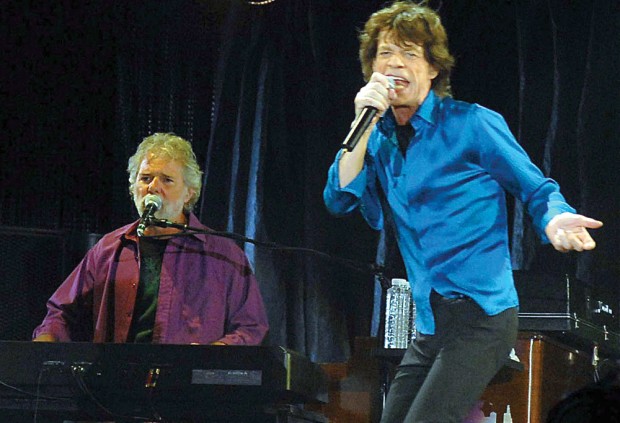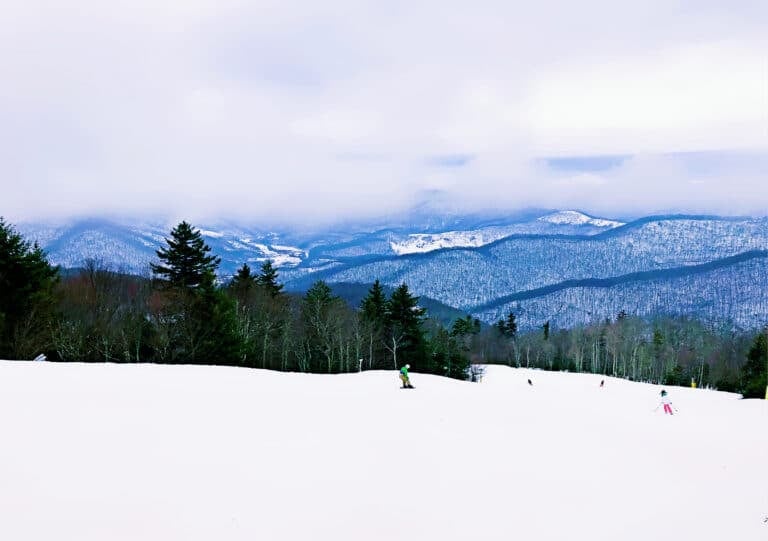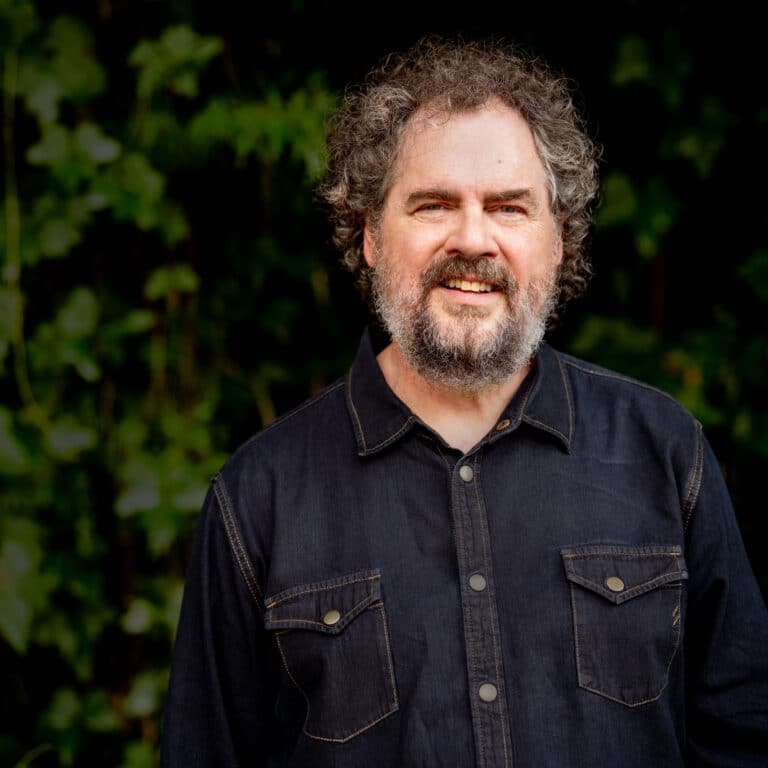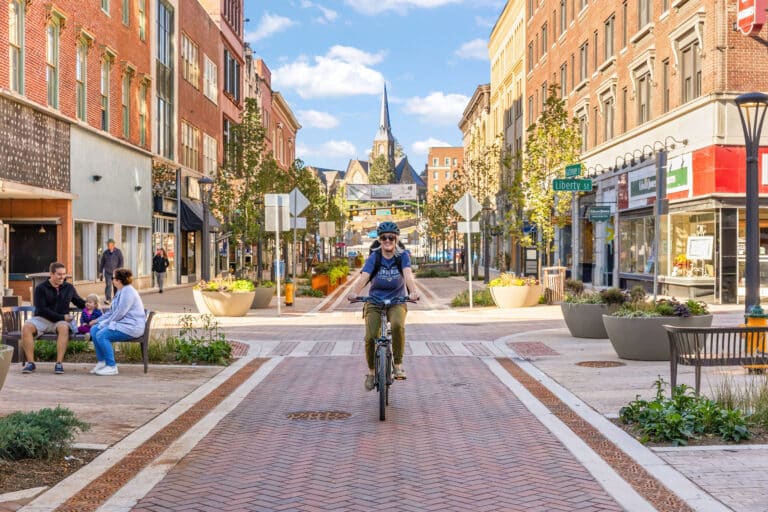Leavell and Jagger on stage. Photo: Stanislav Milojkovic
Over the past four decades, keyboardist Chuck Leavell has remained the constant sideman to rock ‘n’ roll royalty. It started back in 1972, when Leavell joined the Allman Brothers Band. He’s since toured or recorded with the Rolling Stones, Eric Clapton, George Harrison, the Black Crowes, and countless more musical greats. He’s still a touring member of the Stones, when they hit the road, and when Leavell is not lending his talents to other bands, he’s consistently fostering a prolific solo career.
Even with a resume that exceeds any musician’s wildest dreams, playing piano is just a part of Leavell’s professional accomplishments. The longtime Georgia resident and ardent conservationist is also a sustainable tree farmer on his 2,000-acre Charlane Plantation near Macon. Leavell also founded the popular online magazine, Mother Nature Network, and has written four books about environmental issues, including Growing a Better America: Smart, Strong, Sustainable, released in February.
What’s keeping you busy musically right now? I’m up in New York doing the second round of recording sessions for John Mayer’s new record. He’s a great artist, and the music he’s about to come out with is fantastic.
What’s next with your solo work? I’m 80 percent done with my next solo record. It’s a tribute to pioneering blues piano players from the ‘30s, ‘40s, and ‘50s. I’ll have some nice guest artists on it, including John Mayer, Keith Richards, Col. Bruce Hampton, and the very interesting banjo player Danny Barnes. I’m hoping to have it out in the early part of this month.
How do you balance time between music and tree farming? When you have passion for something, you make the time to engage in it. I have a sincere interest in conservation issues. People don’t spend as much time outdoors as they should. If they did, we’d have a much healthier country. I get the same feeling of satisfaction when I’m expressing myself on these issues, as I do from playing music on stage.
Tell me about your new book, Growing a Better America. The theme of the book is smart growth. For years, I have been giving talks about what I call the invisible forest health crisis. What I mean by that is the loss of natural land to growth and development. In the Atlanta metro area we lose between 80 and 100 acres a day. From Virginia down to East Texas we lose approximately one million acres a year. I’m not anti-growth, but I think we’re at a critical point where we need to stop and look at how we’re going to continue to grow, as far as energy, transportation, and how we live within our communities. We need to move forward in an intelligent way that focuses on protecting our natural resources.







